Peking University, December 8, 2020: The International Confucian Association (ICA) and the Cultural Exchange Institution for an Asian Community hosted the China-Japan Harmony Culture Forum on December 4. The forum connected its Beijing and Tokyo venues through video conference call. Participants from both sides met online to discuss avenues for promoting bilateral relations in accordance with the new era. Both sides expressed their wish that Sino-Japanese relations would continue their tradition of amicable exchanges, seeking common ground, and working together to contribute to peace and prosperity in Asia and the world.
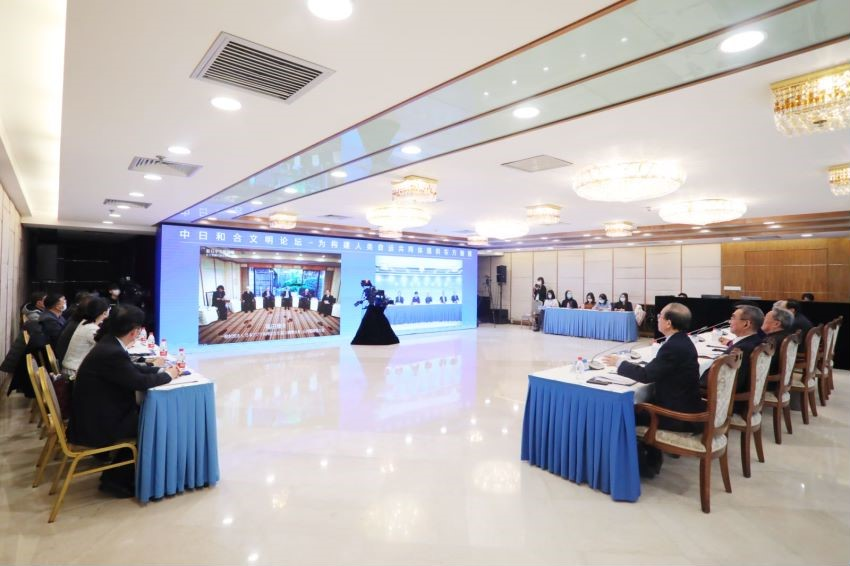
The Beijing venue at Peking University
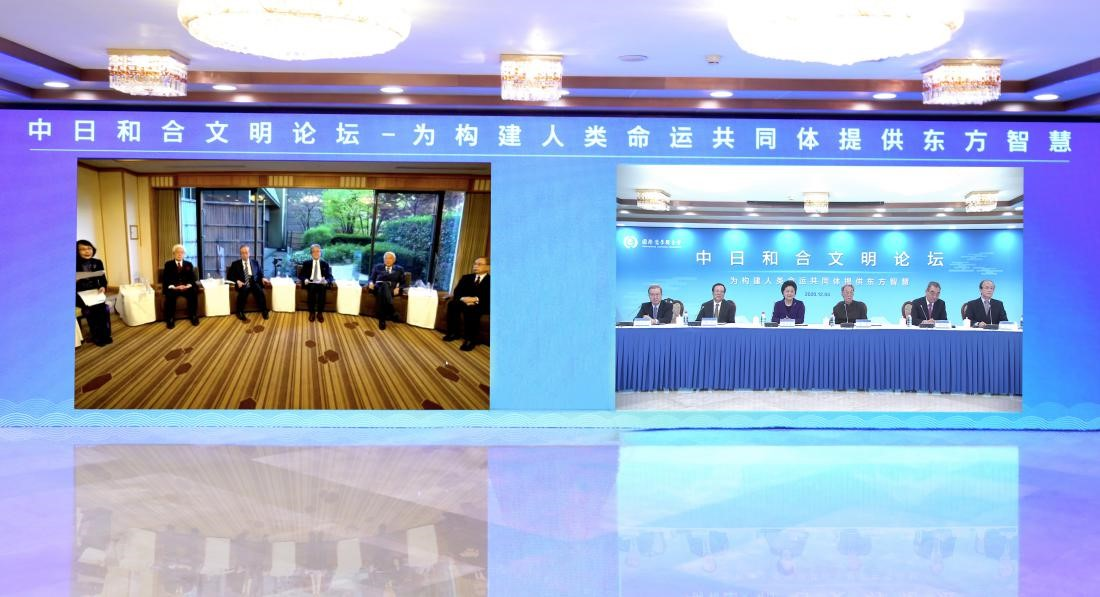
Guests from China and Japan
Liu Yandong, president of the ICA, attended the forum. She noted that since the normalization of Sino-Japanese diplomatic relations in 1972, the cultural exchanges between the two countries have been comprehensive, extensive and touched on a wide range of topics. She went on to say that with increased international instability brought on by this once-in-a-generation pandemic, maintaining a peaceful, friendly, cooperative, win-win relationship between China and Japan is important, now more than ever. Furthermore, the two countries should aspire to share oriental wisdom with the rest of the world, in pursuit of furthering the community with a shared future for mankind.
Liu also called for intellectuals in both China and Japan to promote people-to-people exchanges. She believes this form of exchange is a sure way to enhance understanding and mutual development between the two countries. To achieve this goal, she recommended the adoption of historical resources, cooperation in various fields and a mutually understood long-term vision.
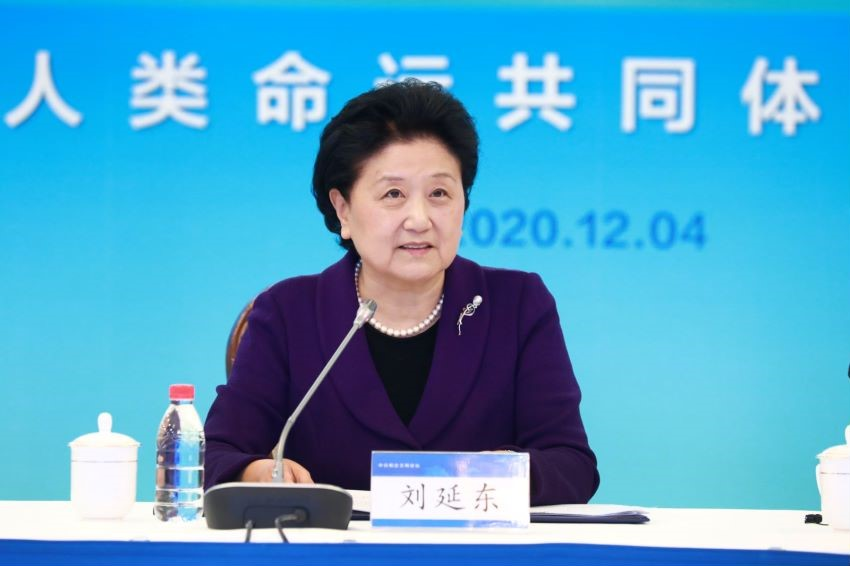
Liu Yandong
Yasuo Fukuda, former Prime Minister of Japan and president of the Cultural Exchange Institution for an Asian Community, also delivered a speech at the forum. He shared his perspective on cultural exchanges, illustrating its role as a bridge to mutual understanding between nations and their people, and its importance in establishing a community with a shared future for mankind. He shared his hope that China and Japan are able to deepen their cultural exchanges so that they may continue to share beyond differences. As the people of each nation grow closer, so too can the relationship between each country continue to flourish. Fukuda promised that the Cultural Exchange Institution for an Asian Community would continue to work towards this end.
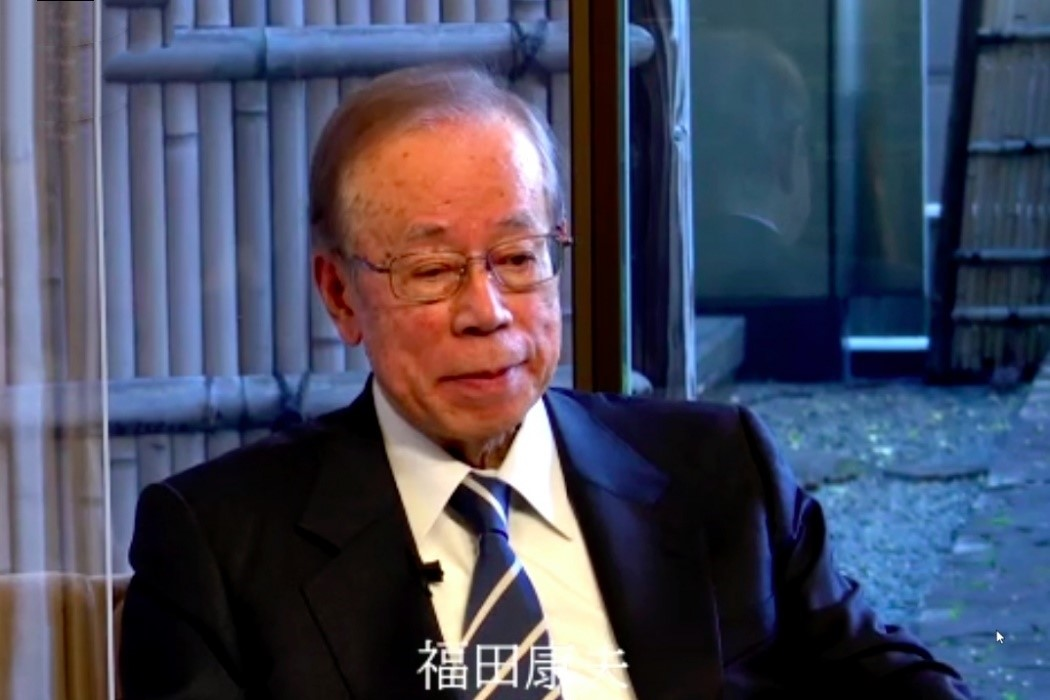
Yasuo Fukuda
Wang Meng, honorary president of the ICA, remarked that cultural exchange between China and Japan extends back to ancient times. He commented that the two cultures have been influencing each other throughout history, and now, not only should they strive for “harmony without uniformity” but also to “learn from the better side”. Wang added that although China and Japan have their cultural differences, they should —in spite of them— seek to work together harmoniously in an increasingly polarized world. Wang finished by noting that friendly cultural exchanges could be of mutual benefit to the bilateral relations of the two nations.
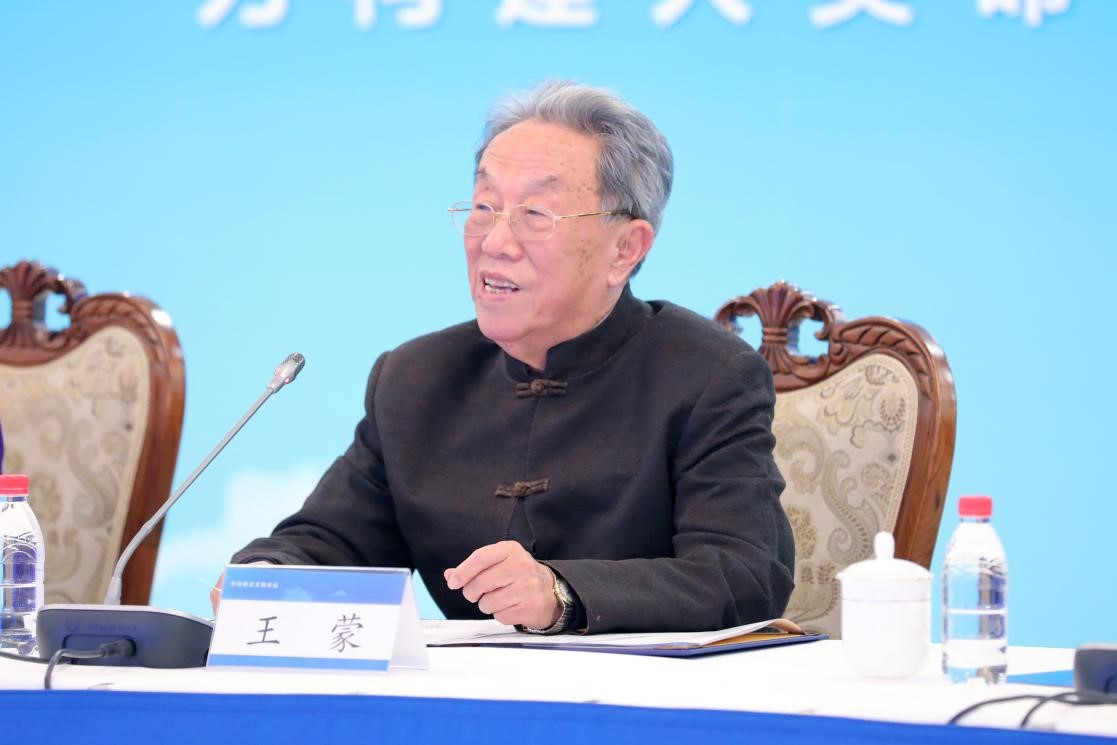
Wang Meng
Hao Ping, president of Peking University, extended his welcome and greetings to all guests from both China and Japan. He pointed out the fact that cultural and educational exchanges have played a unique role in promoting the development of Sino-Japanese relations. As the earliest national comprehensive university in China, Peking University provides various channels and platforms for cultural exchanges between the two countries—promoting mutual trust and cooperation. He remarked on the impact the COVID-19 pandemic has had on global economic development and the international political situation. Noting that, with these common threats and challenges to humanity, the two countries should continue to strengthen mutual trust. As for the future, Peking University will maintain an open and cooperative attitude in its dialogue with Japanese educational institutions and a solid cultural and social foundation of friendliness and mutual trust. Hao stressed PKU’s commitment to promoting mutual respect and cooperation between China and Japan, as it strives for the ultimate goal of achieving the common welfare of humanity.
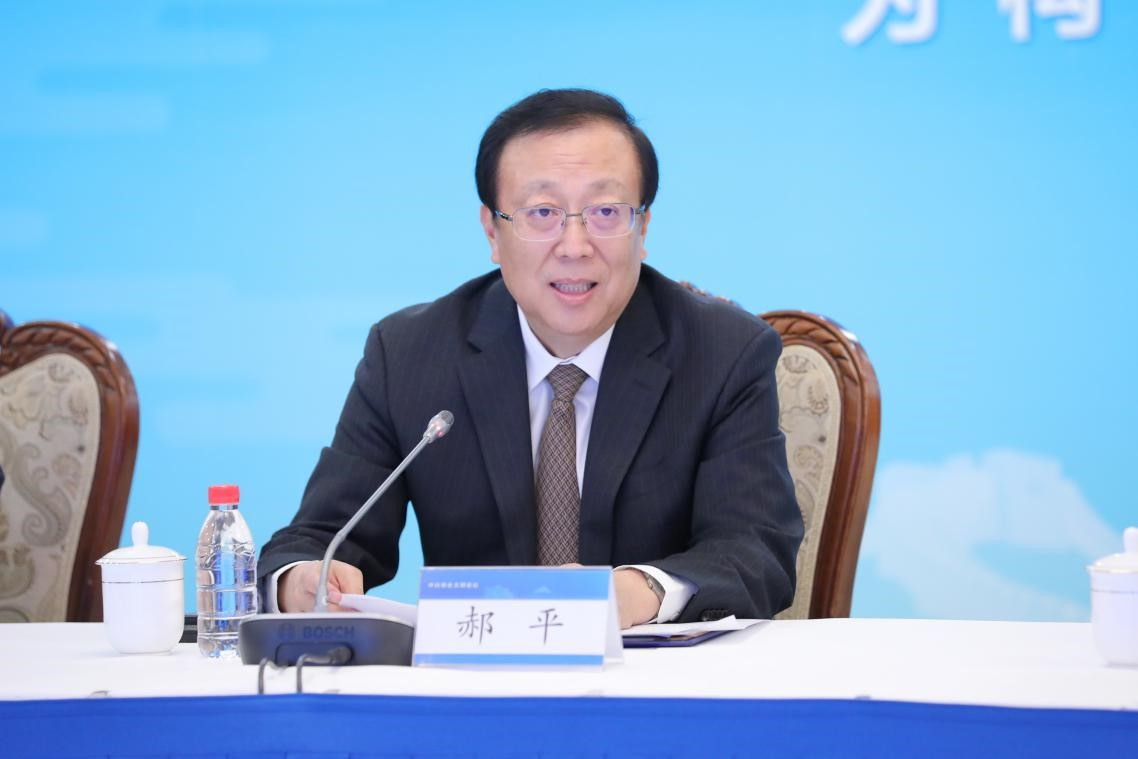
Hao Ping
Cheng Yonghua, executive vice president of the Sino-Japanese Friendship Association, pointed out that Sino-Japanese relations have generally maintained a good momentum in their development. He believed that in order to achieve the goal of making Sino-Japanese relations meet the requirements of the new era, the two countries must rebuild mutual trust in political security, continue to deepen practical cooperation, and carry out extensive cultural exchanges. Cheng said that 2022 represents an important year in Sino-Japanese relations as it will mark the 50th anniversary of formal diplomatic relations between the two countries. He believes that this juncture will provide ample opportunity for new cultural exchanges. He hopes that through the joint efforts of the two countries, they might turn over a new chapter of cultural exchanges, moving Sino-Japanese relations into a new era.
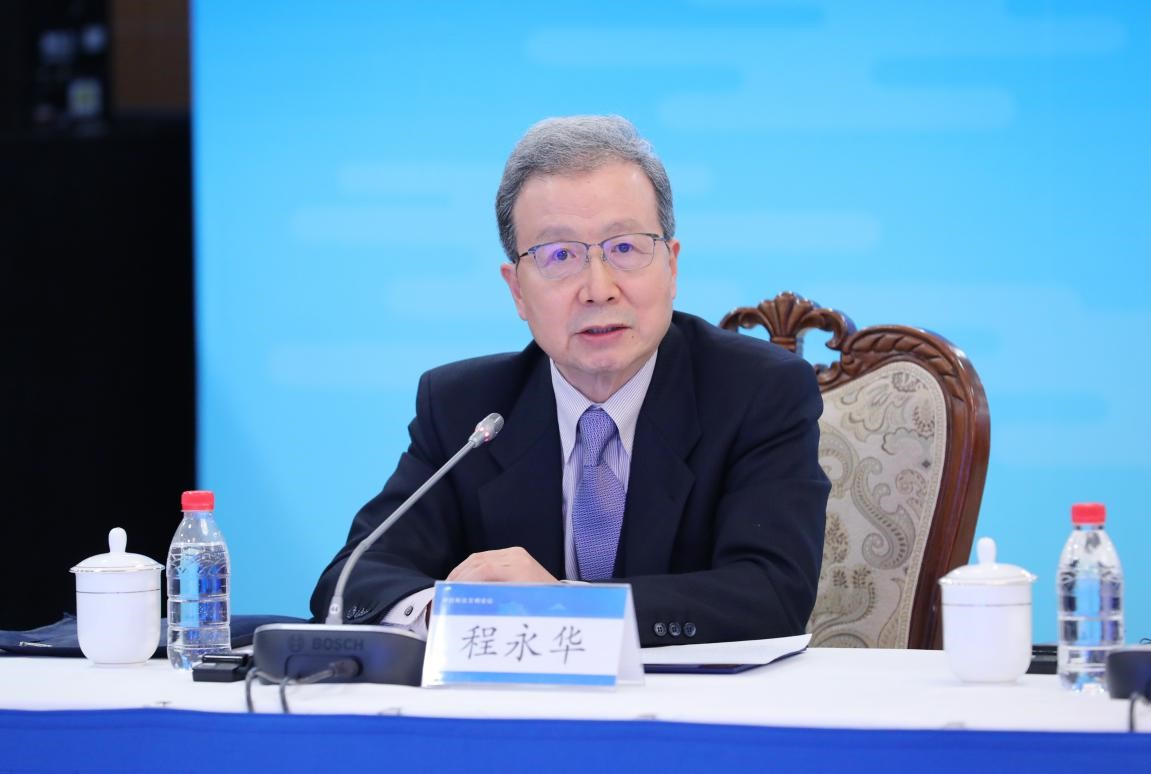
Cheng Yonghua
Justin Yifu Lin, dean of the Institute of New Structural Economics at Peking University, shared his views on economic and trade cooperation between China and Japan, and the effects of economic globalization. He believes that East Asia has been the fastest growing and best developed region since the end of World War II, attributing this success to the open market of globalization which has been used at every stage of the countries’ economic growth. Governments have made active efforts to give full play to the comparative advantages of various countries, and made full use of the opportunities provided by domestic and international markets and resources. Although a wave of populism and anti-globalization has been sweeping through developed countries, it is gratifying that after eight years of efforts, the Regional Comprehensive Economic Partnership (RCEP) was recently signed. The agreement provides a new and greater platform for the cooperation and development of East Asia and a new impetus for the restart of globalization. He hoped that through the exchanges and discussion of this forum, both sides can deepen their understanding of East Asia's experience and wisdom, and share the truth, theory and philosophy behind the success of East Asia, thus making joint efforts to realize the goal of a community with a shared future for mankind.
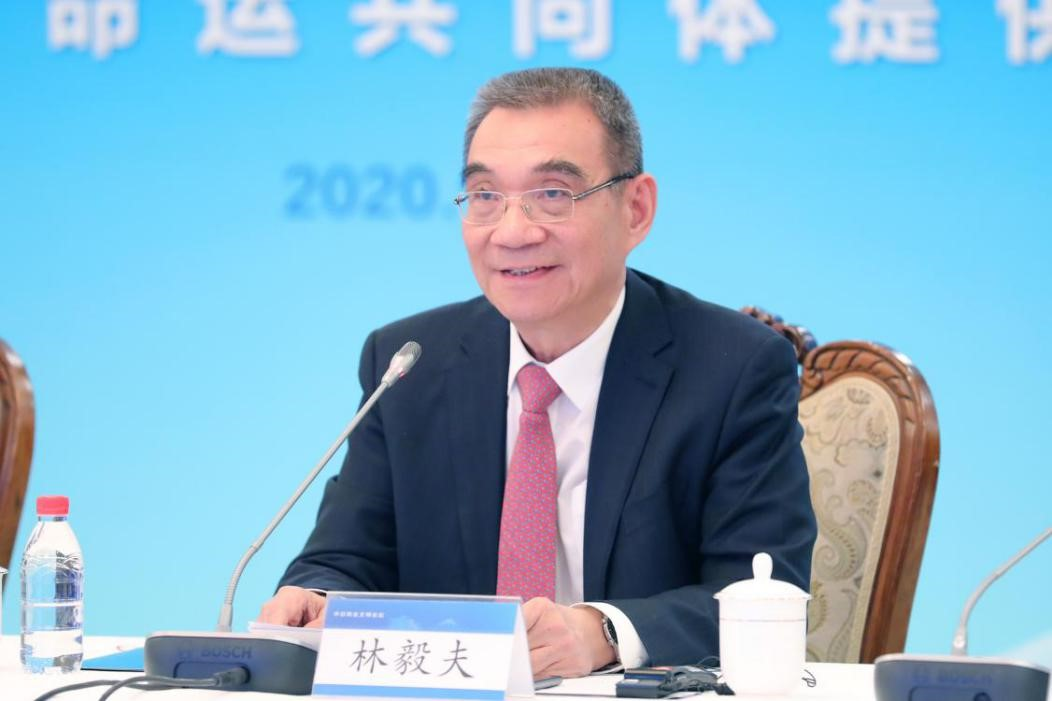
Justin Yifu Lin
Written by: Zhou Siyan, Qiu Xiaotong
Edited by: Jacob Tomkins
Source: PKU News (Chinese)